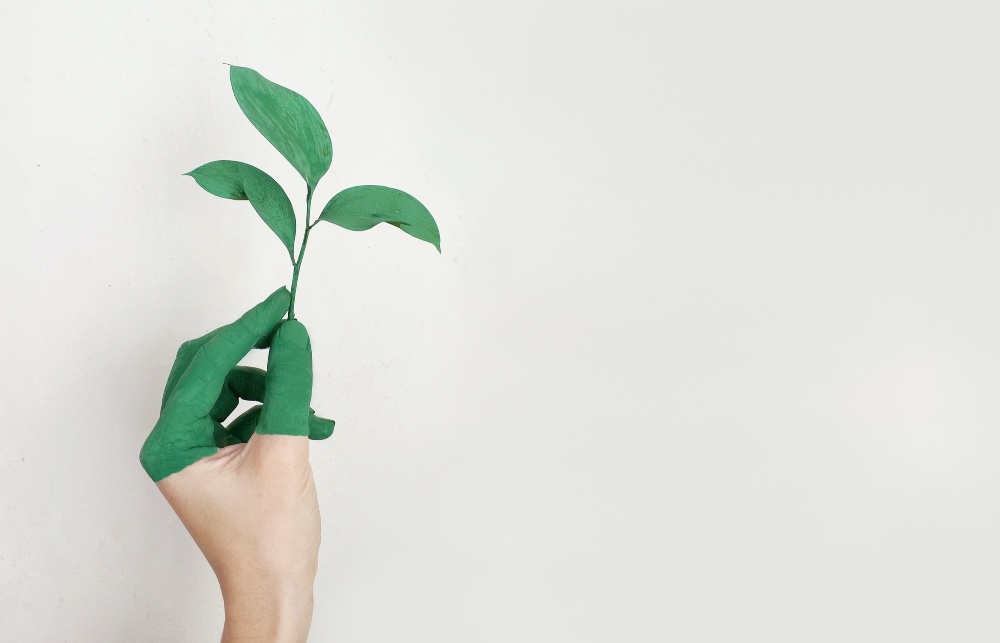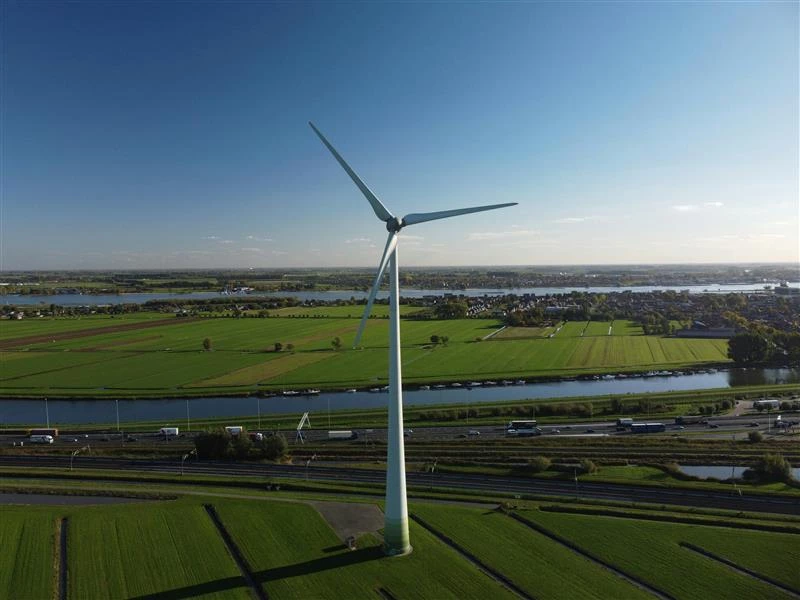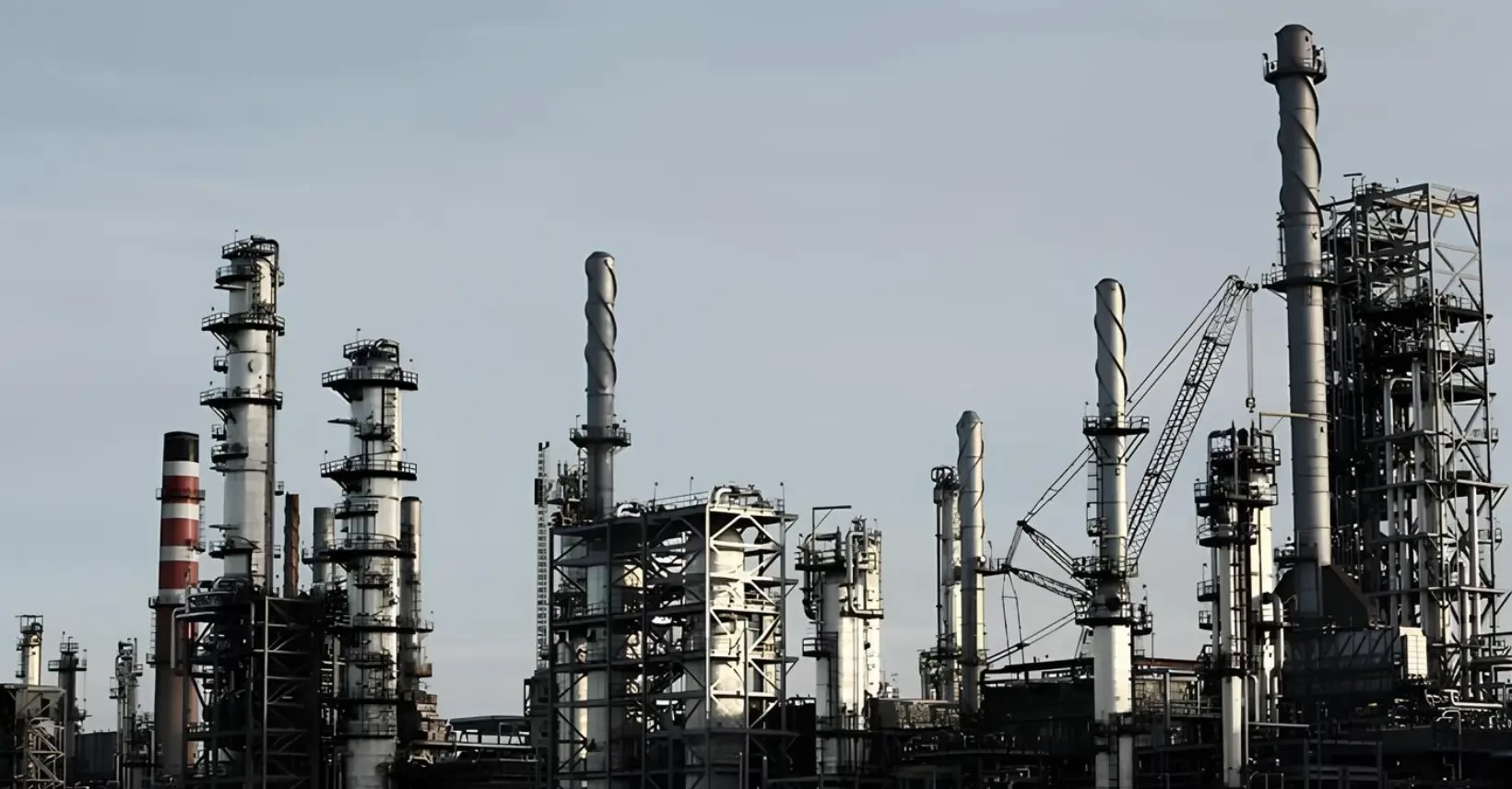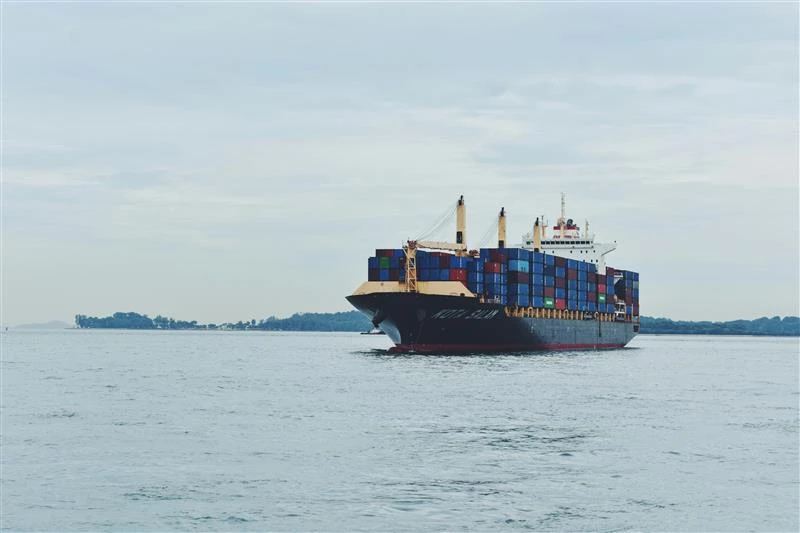This article was developed and guided by expert insight from YCP Solidiance Analyst Camille Javier, who is based in our Manila office and has expertise in Corporate and Strategic Planning. Through her experience, she has served in several cross-functional roles in various projects involving operations management and corporate planning.
As businesses worldwide become increasingly aware of the importance of incorporating environmental sustainability in their strategies, those situated in the Philippines have similarly followed suit, and understandably so.
Beyond the environmental benefits that prioritizing sustainability can bring, businesses that aim to achieve sustainable operations enjoy a competitive advantage, as consumers are also becoming more aware of how green practices are beneficial in the long term. Thus, businesses aiming to become more sustainable are characterized by a triple bottom line: people, profit, and planet.
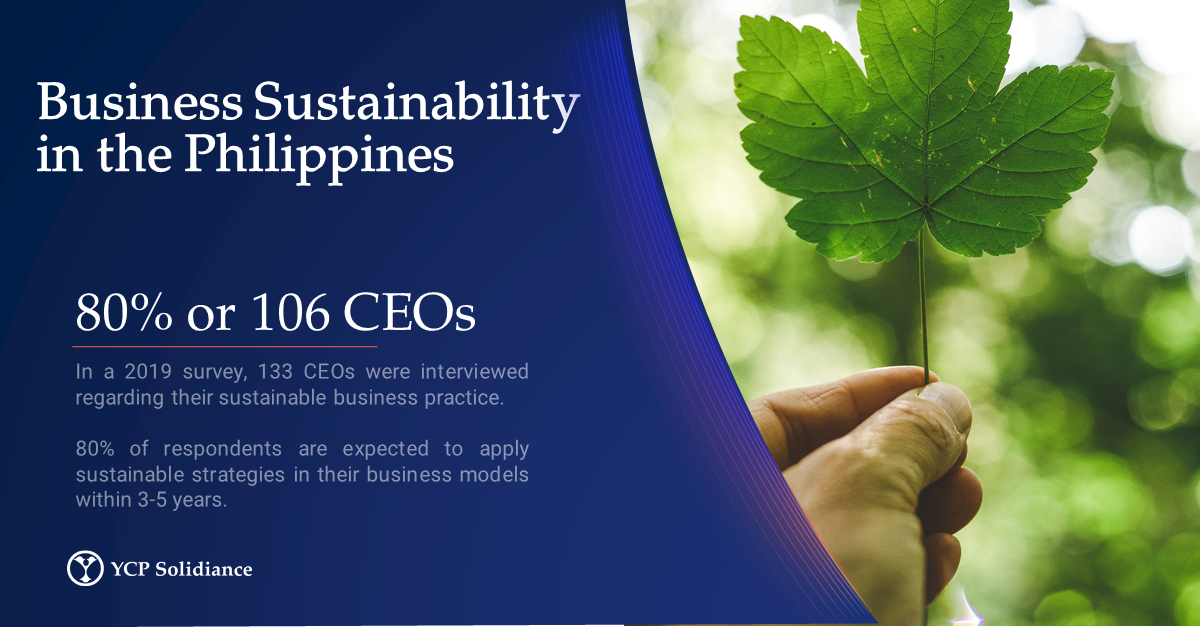
An Overview of Philippine Business Sustainability
Over the past decade, the general trend in Philippine business sustainability has been to focus on reducing environmental impact, especially among conglomerates and corporations whose operations entail large-scale manufacturing that may be harmful to natural resources. Recently, however, start-ups and MSMEs have also begun making a conscious effort to practice business sustainability as strategies that can be adapted by smaller firms have emerged.
For instance, MSMEs have been focused on “clean branding,” a term that refers to a business’ attempt to communicate to its customers that their business model is sustainable, be it in terms of procurement, selling, or branding. This can be achieved in several ways, such as: ensuring products are ethically sourced, packed using recyclable and environmentally friendly materials, and having environmentally conscious business advocacies.
Consumers in the Philippines are seemingly aware of such strategies, as recent statistics reflect that sustainability has become a criterion when deciding which businesses to patronize. As per an industry report by data analytics firm Kantar, approximately 75% of Filipino consumers prefer brands that sell eco-friendly products to reduce harmful environmental impacts. Thus, Philippine businesses should consider applying sustainable business practices as trends suggest that sustainability will be a key trend in the coming years.
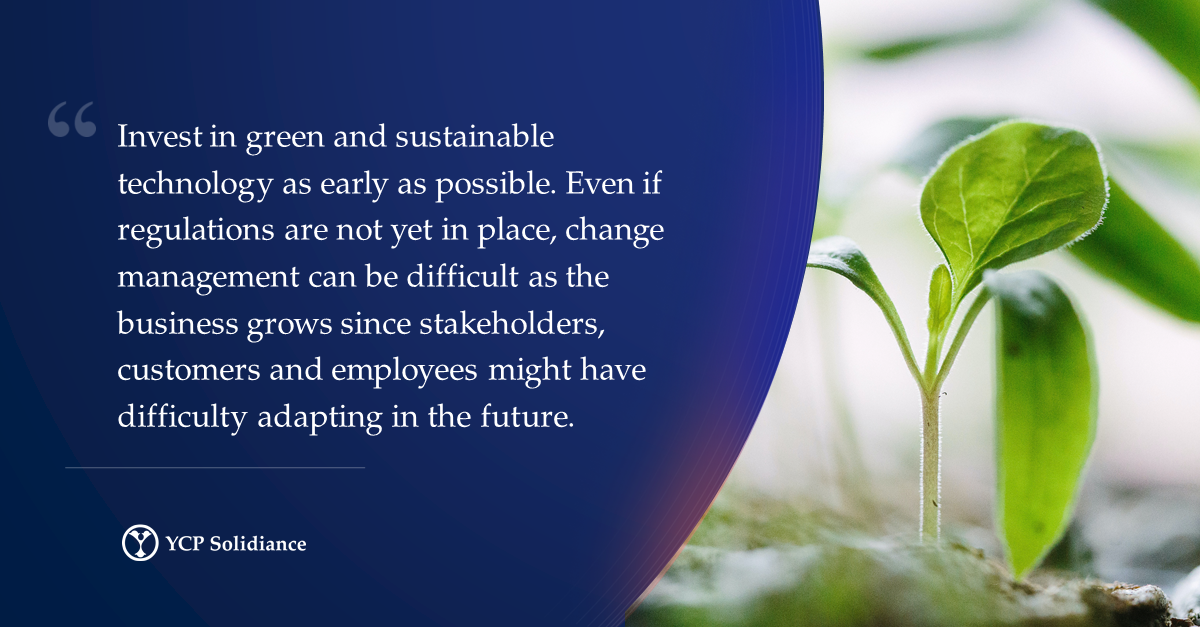
Sustainable Development Strategy
Given that business sustainability encompasses several areas, it should be noted that this can be achieved in an equally diverse number of ways. As such, it is important to consider how a proposed sustainable business strategy will integrate with general business goals and organizational values. Below you may find different ways in which sustainability can manifest in business operations:
- Use of sustainable materials in manufacturing processes
- Optimization of supply chains to reduce greenhouse gas emissions and environmental impact
- Reliance on renewable and alternative sources of energy to power facilities
- Activation of community philanthropy to advocate issues related to sustainability, such as sponsoring education funds for underprivileged youth
When deciding the most opportune time to pivot to sustainable business practices, players should consider if the general business landscape is properly equipped to accommodate such transitions. Likewise, investors should also pay close attention as it may inform their decisions.
For the Philippines specifically, the retail industry has seen significant movement as businesses in sectors like Food & Beverage and Personal Care have increased their focus on sustainable business practices. Given that these businesses’ products entail fast-moving consumable products, the application of a sustainable business ideology has manifested in switching to packaging that improves recyclability, and ethical transparency in supply chain operations.
Considering these developments, all signs indicate that sustainable business will continue to be a focal point moving forward – be it for investors or the businesses themselves. Given that investing in green and sustainable technology will be essential for future adaptability, expect further adoption in the Philippines.
To get insight into the benefits that sustainable business presents, and how this trend will help shape how businesses within Southeast Asia will operate in the coming years, subscribe to our newsletter here and check out these reports:
- The Rise of Sustainability in the Philippines’ Key Industries
- Public and Private Sector Cooperation: Sustainable Urban Development in Vietnam
- Sustainable Development in Asia’s Automotive Industry
- Sustainability in Singapore for 2022
